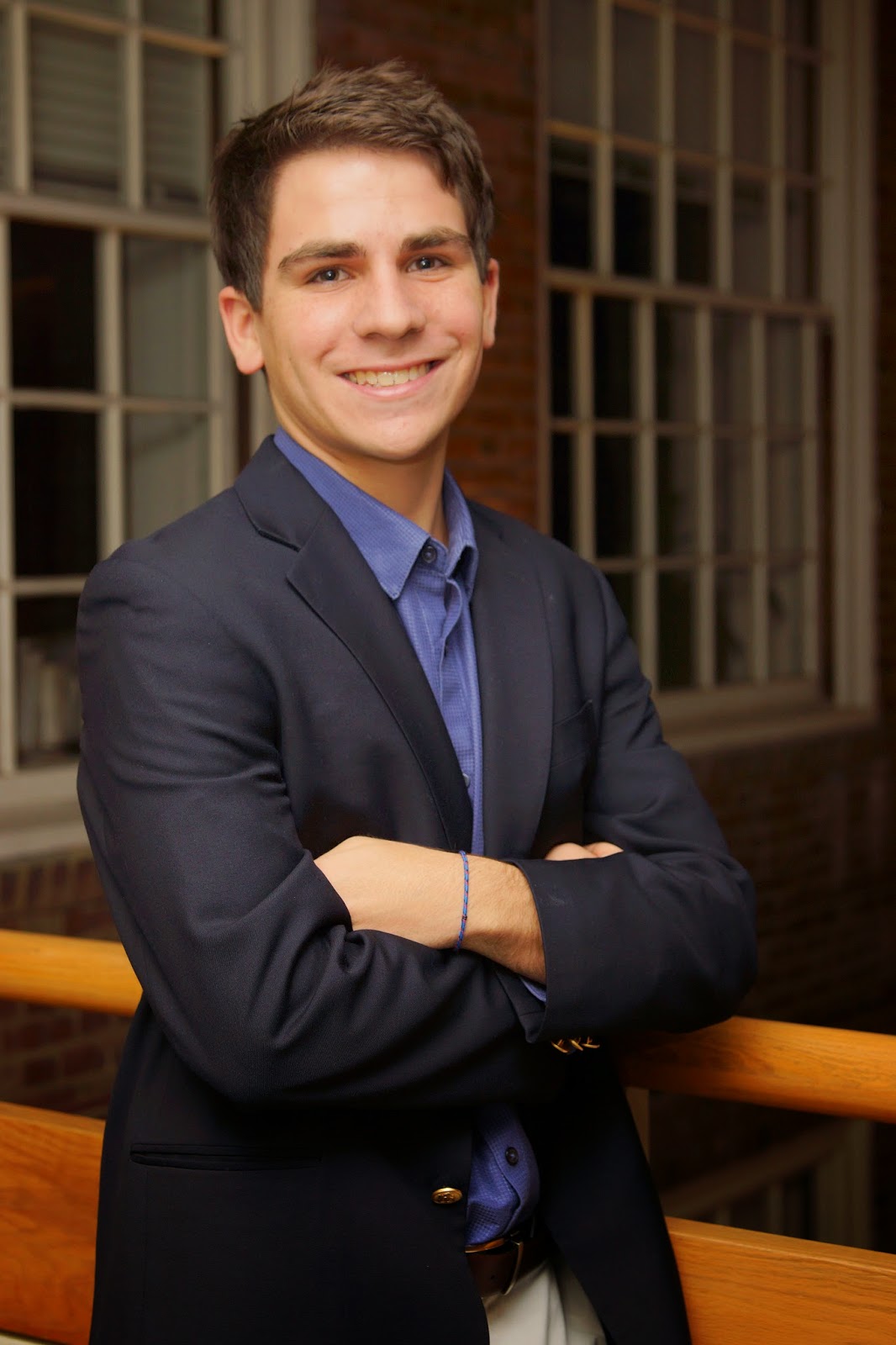- Public Policy
- Leadership
- Funding
- News & Events
- About the Center
Back to Top Nav
Back to Top Nav
Back to Top Nav
Back to Top Nav
Rockefeller Center-funded interns reflect on their experiences as part of our Notes from the Field series. The Rockefeller Center helps students find, fund, and prepare for a leave-term internship experience in public policy research, public policy analysis, issue evaluation, or activities which help shape and determine public policy.
 |
| Student Intern: Terren Klein '17 |
Internship Organization: Public Religion Research Institute
How would you describe your employer in one paragraph? What’s the elevator pitch?
The Public Religion Research Institute (PRRI) is a nonprofit, nonpartisan organization dedicated to research at the intersection of religion, values, and public life. Its mission is to help journalists, opinion leaders, scholars, clergy, and the general public better understand debates on public policy issues and the role of religion and values in American public life by conducting high quality public opinion surveys and qualitative research.
What are your specific responsibilities in the organization?
Most of my work lies on the communications side of the organization. I am in charge of running the social media accounts (Facebook, Twitter, LinkedIn, and Google+) for PRRI. My work varies greatly day to day, ranging from updating the website with new research to compiling media lists, reaching out to major news outlets, and writing blog posts regarding interesting new data.
How did you feel on the first day of your internship?
I felt overwhelmed. Like most small non-profits with giant ambitions, there was not whole lot of free time to relax, especially on my first day. I arrived on the day of a survey release, so I was put right to work, posting left and right to our 60 thousand Twitter followers about our new research and trying to complete, or at least remember, the tasks that were thrown my way.
What is your favorite part of the internship so far?
My favorite part of the internship experience so far would have to be the times when I get to sift through surveys to find interesting numbers to post online. For instance, did you know 49% of Americans agree that the severity of recent natural disasters is evidence that we are in what the Bible calls 'the end of times'? I come across surprising statistics like that every day.
What challenges have you faced so far?
I found and still find that paying extreme attention to detail is the most difficult aspect of my job. With no true standard routine, I have to be ready to jump from one project to another and pay very careful attention to the instructions. It was made very clear from the beginning that I am not at Dartmouth anymore. If I make a typo, it's not just a professor who sees it. It could be 100,000 people. And even more daunting, my work reflects the company, not just myself. The bottom line is that we don't know how good we have it at Dartmouth. But in response to these challenges, I just try to slow down, not do everything at once, and work deliberately.
Broadly speaking, what do you hope to achieve by the end of your internship?
I hope to get a thorough understanding of how a nonprofit functions, both on a day-to-day level and on a broader scale. I often find myself learning the most when I am just listening, whether it is sitting in on meetings with the board of directors or web design company, or hearing the research directors figure out when to release a survey. I try to treat them all as valuable learning experiences and absorb as much as I can.
What have been some practical lessons you've learned in the day-to-day life of your internship? When you feel overwhelmed, make lists. Don't start an assignment until you understand it. If the unfurnished apartment is really cheap, buy it. And don't try to reset the router during a major conference call.